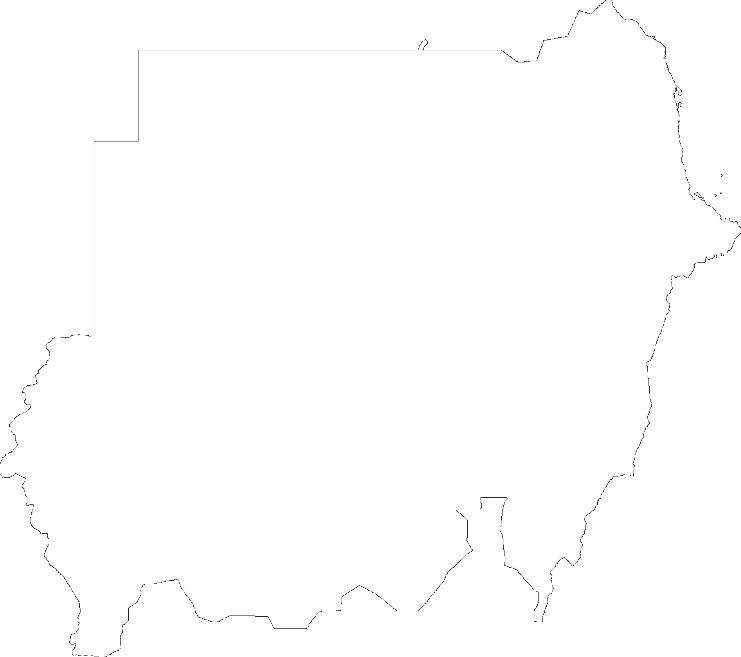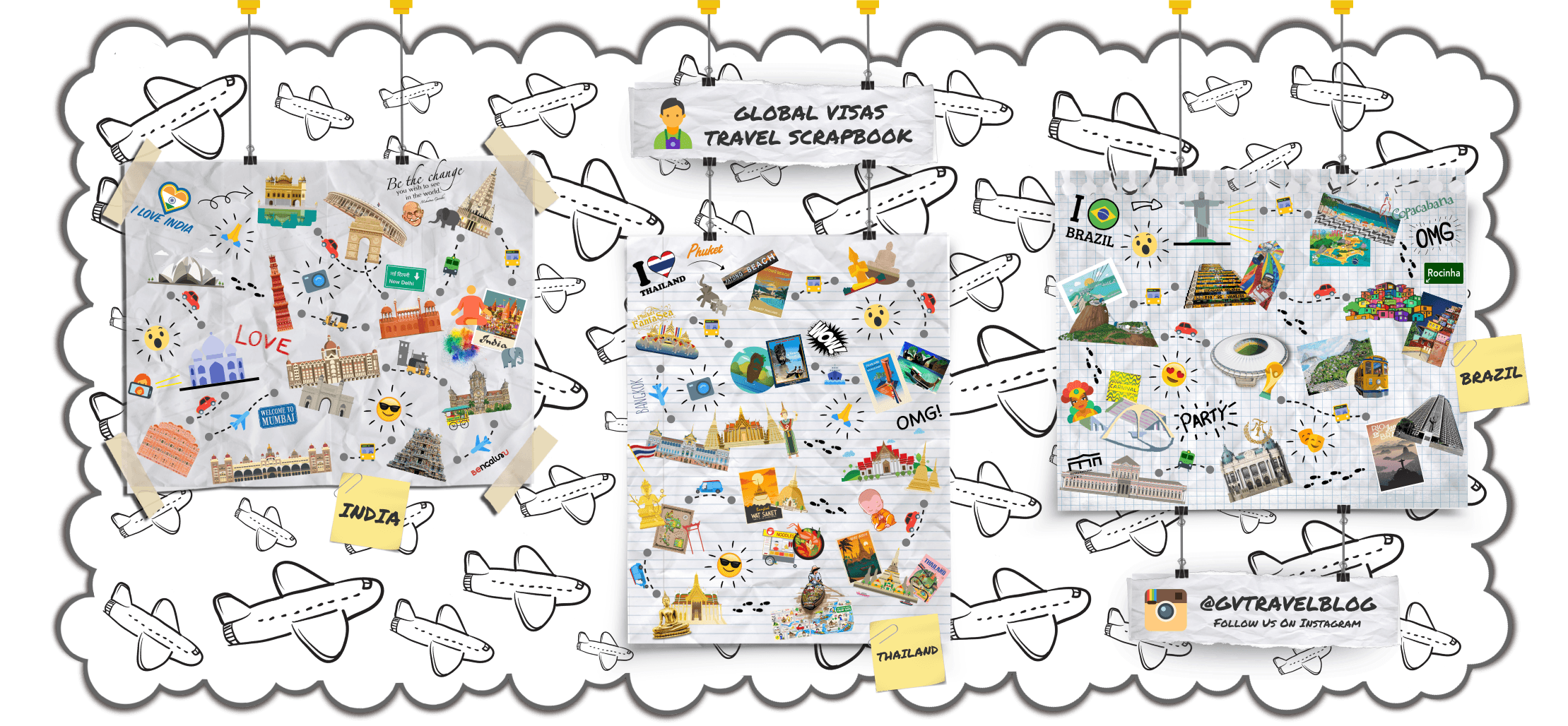The currency of the country is the Sudanese pound (Arabic: جنية jeneh, ISO currency code: SDG). The pound is divided into 100 piastres (coins). The “G” in the currency code stands for “guinea”.
The pound was introduced in January 2007, to replace the Sudanese dinar (Arabic: دينار dinar, SDD). The new pound is worth 100 old dinars.
Things are not so simple when it comes to price quoting. Instead of new pounds (which are hardly used for quoting) and dinars (more commonly used, especially when quoting in English), most people still talk in terms of the old pound, although there are no more old pound notes in circulation. One dinar is worth 10 old pounds. Hence, when a person asks for 10,000 pounds, they actually want 1,000 dinars from you. And just to add to the confusion further, people usually do away with the thousands when quoting in pounds. So, your taxi driver may ask you for 10 pounds, which actually means 10,000 old pounds, which is equivalent to 1,000 dinars, which should be referred to once again as just 10 pounds! To clear any confusion, you could try saying “new pound” or جنية الجديد jeneh al-jedid.
Easy summary: 1 new pound = 100 dinars = 1000 old pounds (long out of use)
Bring only foreign cash into Sudan, preferably US dollars (often accepted in hotels), Bank of England pounds and, to a lesser extent, euros are also fairly easy to exchange at banks in big cities. Travellers cheques, credit cards and foreign bank automatic teller machine cards are not accepted in Sudan, partly because of the US embargo.
There are many banks in Khartoum and throughout Sudan but not all of them have foreign exchange facilities. There are several money changers in Khartoum, especially in Afra Mall. There are also several Western Union agents in Khartoum which will do payouts for money transferred from overseas.
The currency is not fully convertible, and there is a black market with rates a little higher than the official rates: black market dealers quoted the pound at 50 to the dollar compared to an official rate of 47.50 in Oct 2018. The Sudanese pound is a closed currency, so be sure to change it back before you leave the country.
Credit cards:
Because of the US embargo, no credit cards can be used in Sudan. The only exception is Diners Club which is accepted by the Khartoum Hilton. All transactions have to be in cash making it unsafe as you will be carrying large sums of money with you. Carrying out on-line transactions while you are in Sudan can cause problems, as some merchants (especially American ones) will pick up your Sudanese IP address, and refuse to do business with you. If you attempt to use an American Express card for any on-line transaction while in Sudan, you are likely to have the card summarily cancelled.









